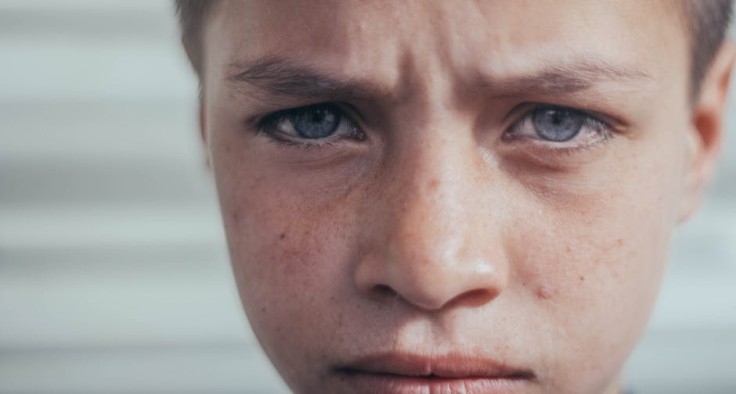
Although not all parents get to experience their children being called to school by the school's guidance counsellor for bullying or getting into trouble, bullying is a serious issue that parents need to be aware of. If you're a parent and you realize that your child is a bully, it may be one of the toughest things that you need to face, but it's not impossible to solve.
Getting a phone call from the school can make a parent nervous and worry about their child. If it's about bullying, it will feel worse. Parents have the tendency to be in denial when they are being told that their child is a bully. Almost 99% of parents will think twice whether they should believe that their child is a bully, and most of that percentage won't even buy it.
The reason why parents find it hard to believe that their child is a bully is because their children might act differently when they are at home. However, parents need to realize that as children grow up, they tend to be selective on how they behave depending on what they are. They could be the sweetest little angel at home but will act the other way when they are outside home. Every kid is capable of bullying and there is no exception to that the same way adults are capable to give criiticisms on one person. With this, parents must be observant enough to notice behaviors that they display in or outside home.
The real question here that most people- especially parents-is, why do children bully? According to one of a therapist named Ronald Mah who is based in California, there are two main reasons why children bully other children: for popularity or fame for superiority and they use it as a defense mechanism. First, children think that when you're the bully, they think of it as a way to popularity. When they are the bully, they can feel some kind of power and superiority among other children because of the fear they instill on the children they bully.
The second reason is children might feel they are entitle to bully or hurt other children because they are also going through something, and they want others to feel the same way they do. The bullies tend to have a mindset that they have the right to bully other children because they have been through some other tough stuff in life, so the rules don't apply to them. Sometimes, they bully so that other people won't get a chance to bully them first, and that can also be a reason.
Bullying behavior is everywhere and not only children get to do it. Bullying does not only happen in school, but it happens in the corporate world for adults, social media, and TV reality shows they get to see on television. Children still can't understand that bullying is a bad behavior one can learn and that these types of behaviors is unacceptable.
What to do if your child is the bully?
Whether you have received a phone call from the school or a parent has confronted you of your child's bullying issues, the first thing that you need to do is take a deep breath. You don't want to cause more drama by fighting your child's teacher about their comment on your child's behavior.
Next, gather more details and see how true the report was about your child. You may opt to ask some of their classmates or schoolmates, or even your child's friends. Ask how your child is doing and what do they usually do when they are not at home. Being aware of your child's behavior through other people's perspectives can help you handle your bully child when you talk the issue out to them.
When you gather information about your child's bullying issue, be sure that you are looking at the whole situation fairly. Take note of the school's rules and disciplinary actions. When your child is being sanctioned for bullying, it is important for parents like you to be aware of the consequences that they have to face. Look at your child's actions without being too judgemental towards them.
Lastly, it may be hard to accept the fact that your child is a bully, but you must acknowledge their behavior and talk it out to them. Let them understand the situation, ask them why they are showing such behavior, and tell them what they did was wrong. Make sure that your approach is firm, but be open enough to listen to what they have to say. Children need to understand that it's okay to admit that they made a mistake as long as they won't do it again.